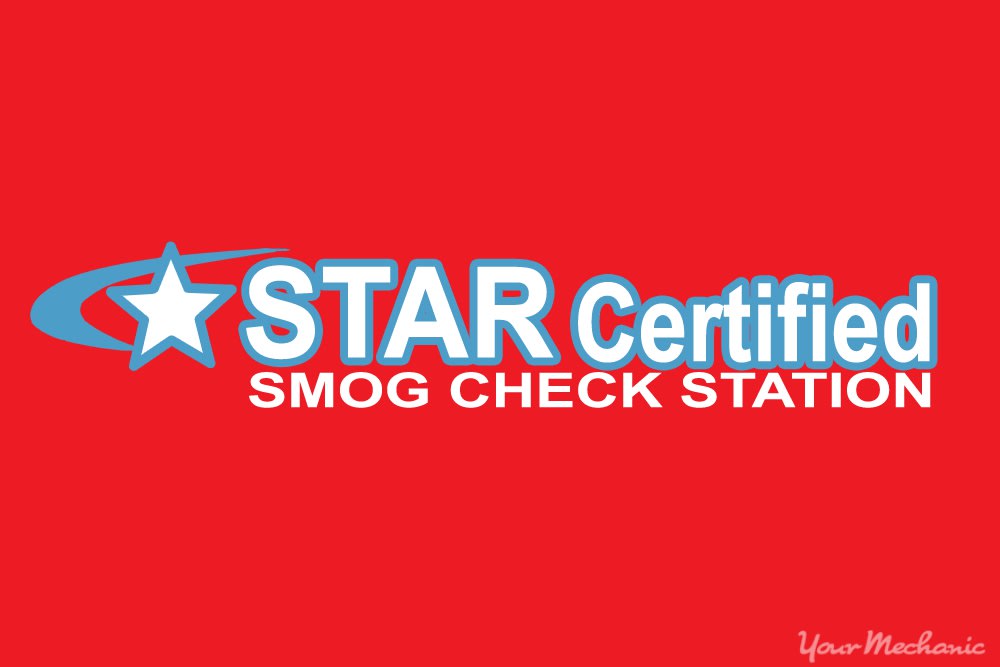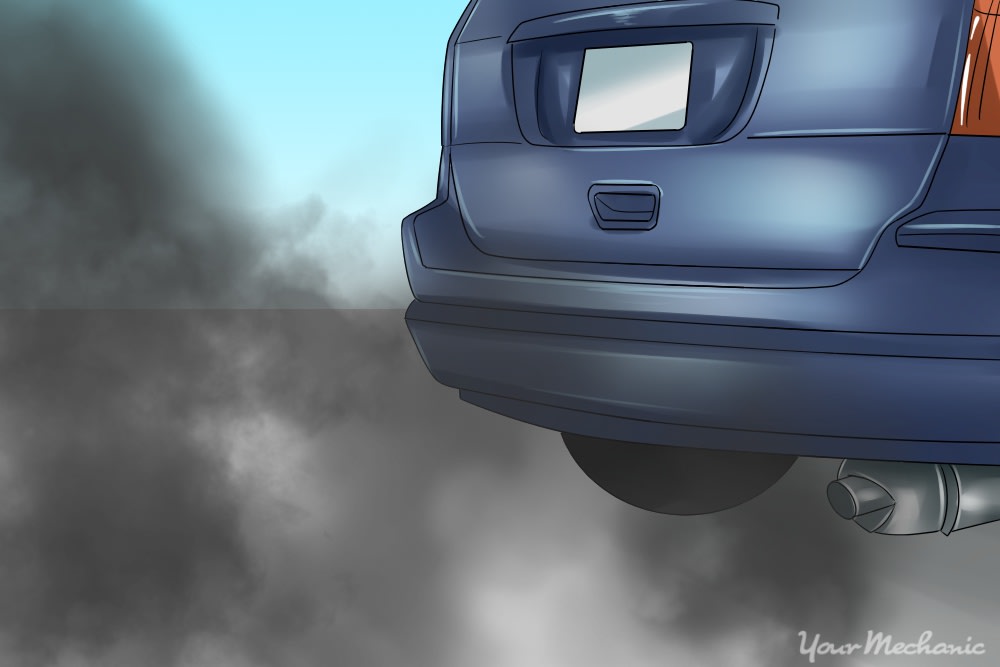

Smog checks are designed to help lower the emissions created by vehicles. The word “smog” refers to smoke and fog air pollution, which is created in large part by emissions from cars. While smog checks aren’t mandatory everywhere in the US, they are required in many states and counties. If you live in one of these areas, your vehicle will need to be able to pass a smog check in order for it to become registered or remain registered. This helps make sure that vehicles that emit a lot of pollution are not on the roads.
In addition to the area that you live in, the make and model of your vehicle has an impact on whether or not you need to have a smog check. The test itself is very short, and doesn’t require you to do anything other than show up with your car.
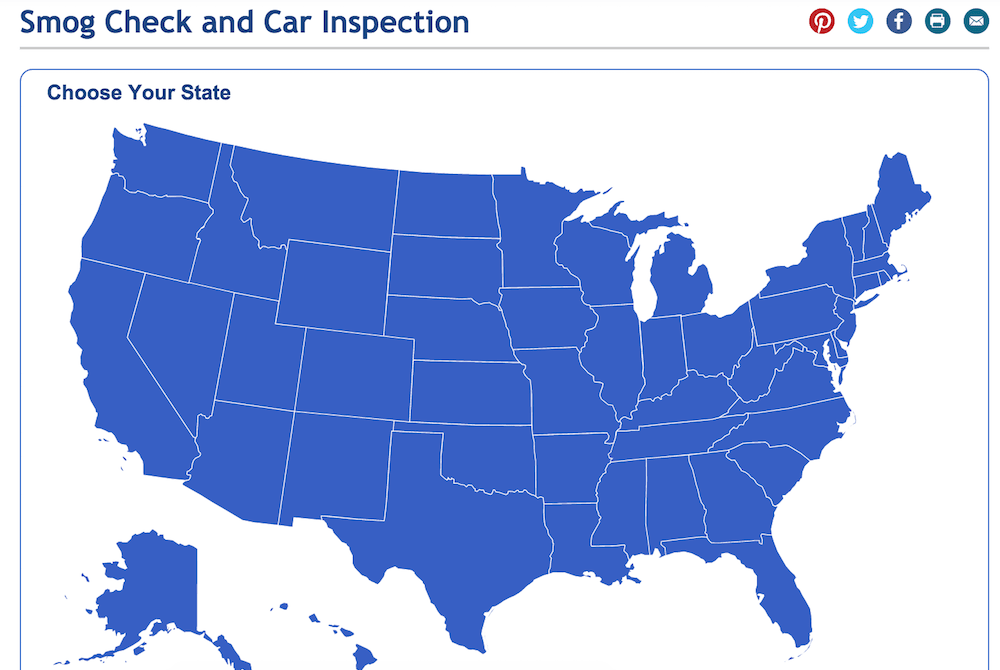
Step 1: Determine whether or not your car needs a smog check. To figure out if your car needs a smog check, visit the Department of Motor Vehicles (DMV) smog check website.
Select your state and see which counties in that state have mandatory smog checks.
Tip: Oftentimes, you will get an alert in the mail when you need to have a smog check. This alert may come with your registration reminder.
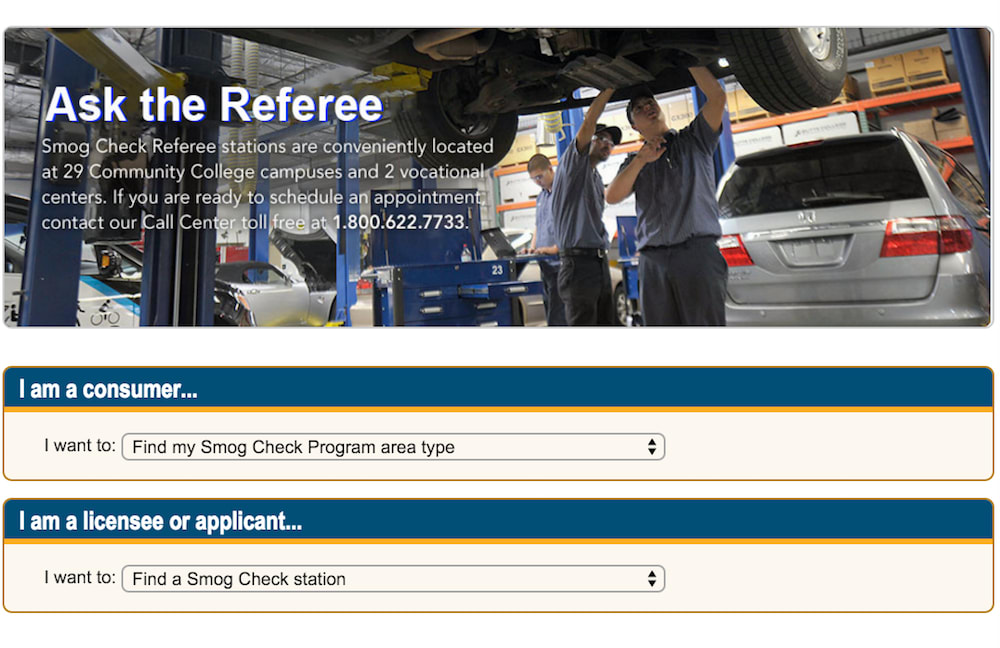
Step 2: Check with your state resources. If you don’t feel like you have a clear understanding of whether or not you need a smog check after reading the DMV’s website, you can use your state resources, such as the state website, or your state’s Department of Consumer Affairs Bureau of Automotive Repair.
- Your state’s site should give you a clear answer as to whether or not your vehicle needs a smog check.
Step 3: Make an appointment. Find a Smog Check Station for your smog check and make an appointment. When the time comes to have your smog check, you’ll have to find a reputable mechanic who can perform the smog check.
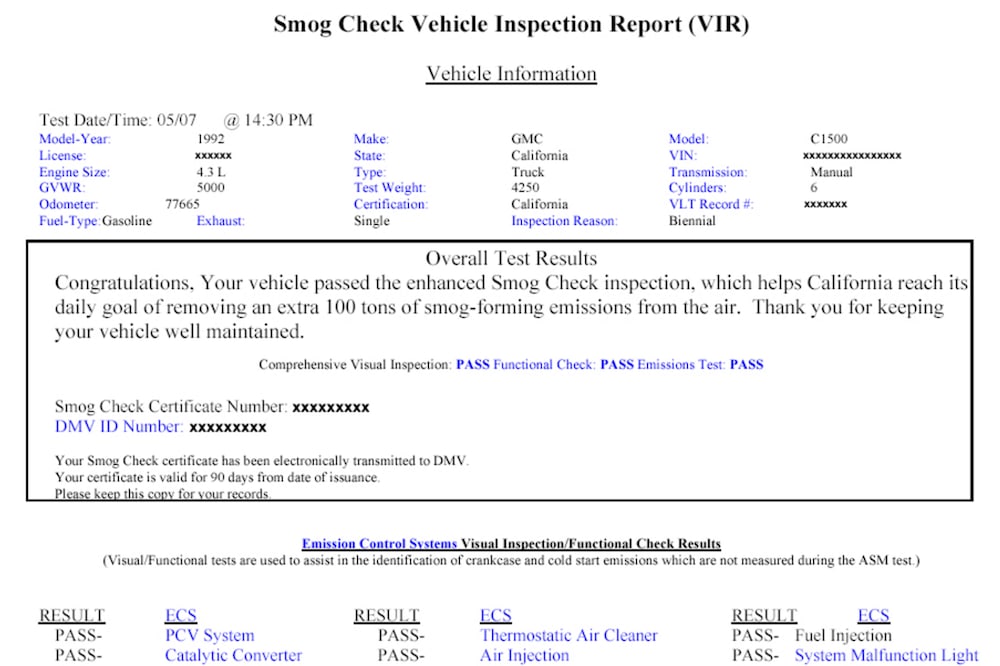
If your car successfully passes the smog check, the mechanic can give you a signed emissions report which you can present to the DMV.
If your vehicle does not pass the smog check then you likely have a malfunctioning part. Common reasons that cars fail the smog test include faulty:
- Oxygen sensor
- Check Engine Light
- Catalytic converter
- PCV valve hose
- Fuel injection lines
- Ignition/spark plugs
- Gas cap
You can have these parts replaced or repaired by a certified mechanic, such as the ones at YourMechanic, at your home or office. After you have repaired the faulty part you’ll have to get your car re-tested.
- Tip: Be sure to bring your necessary registration paperwork to your smog check.
Step 4: Follow up at the DMV. After passing your smog check, follow any instructions provided to you by the DMV. There may be other requirements before you can register your car or renew the existing registration.
Smog checks help keep high-polluting vehicles off of the roads, and help limit the amount of climate change that is created by consumer automobiles. Having your smog check is mandatory in many places, and always helps you feel better about the car you are driving.


